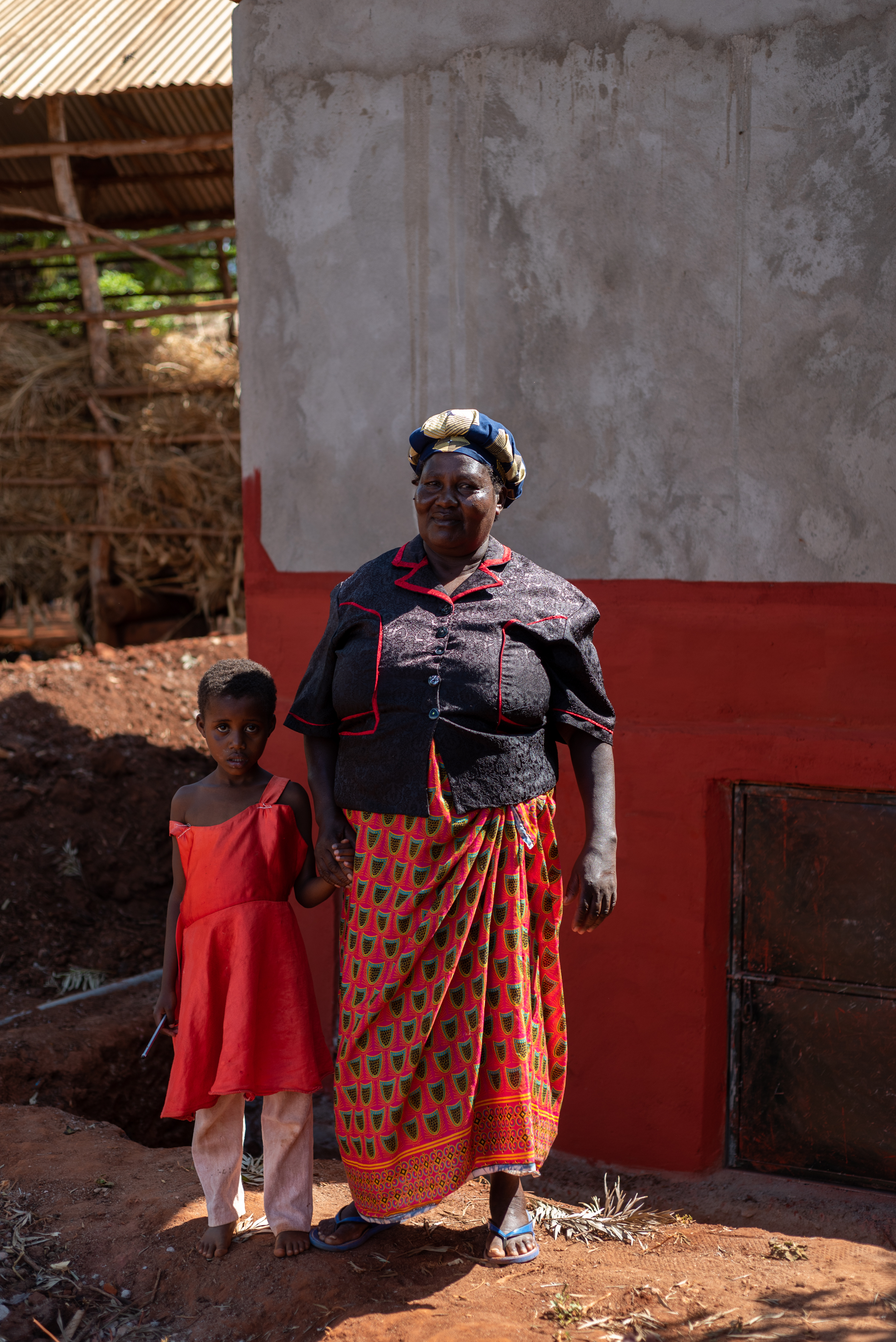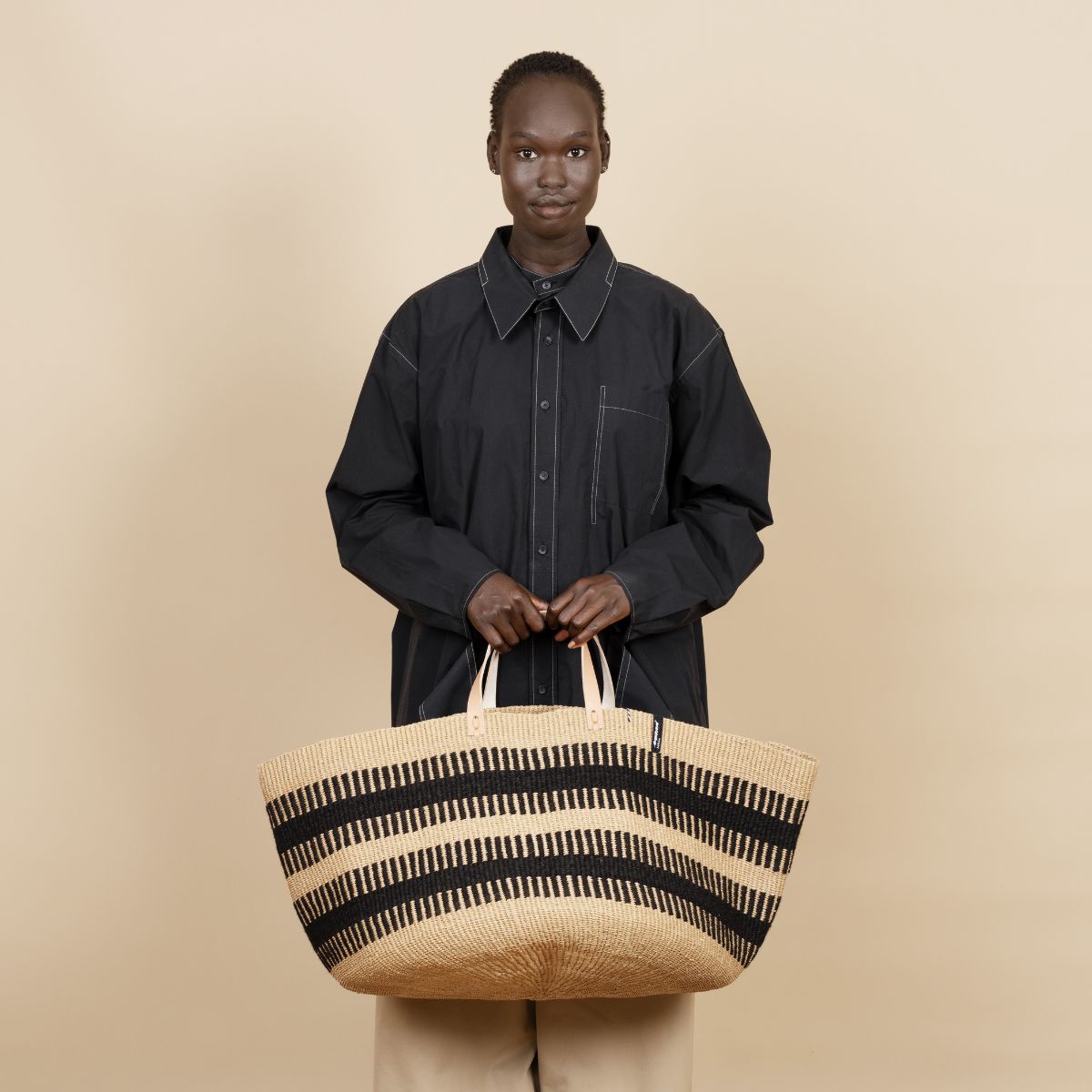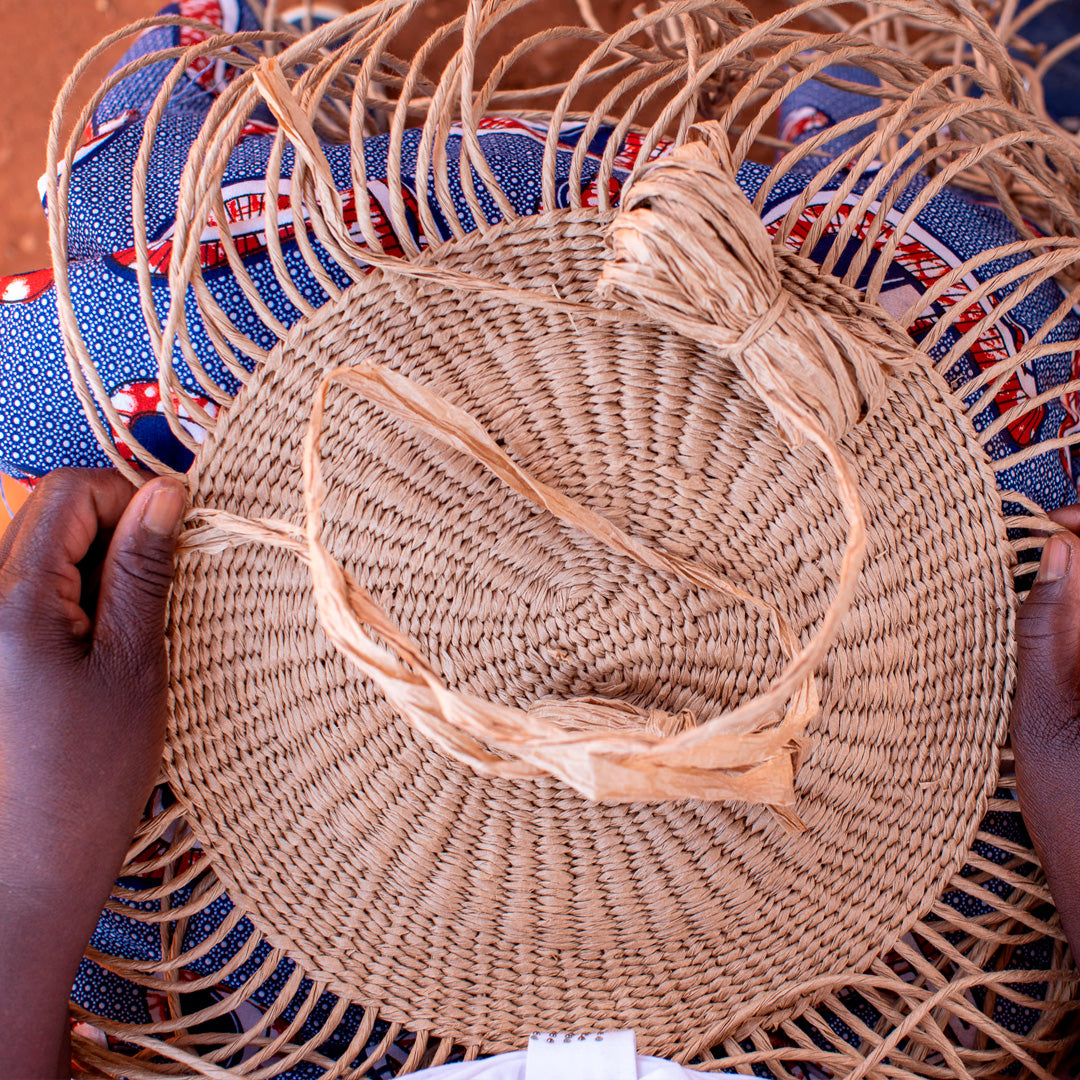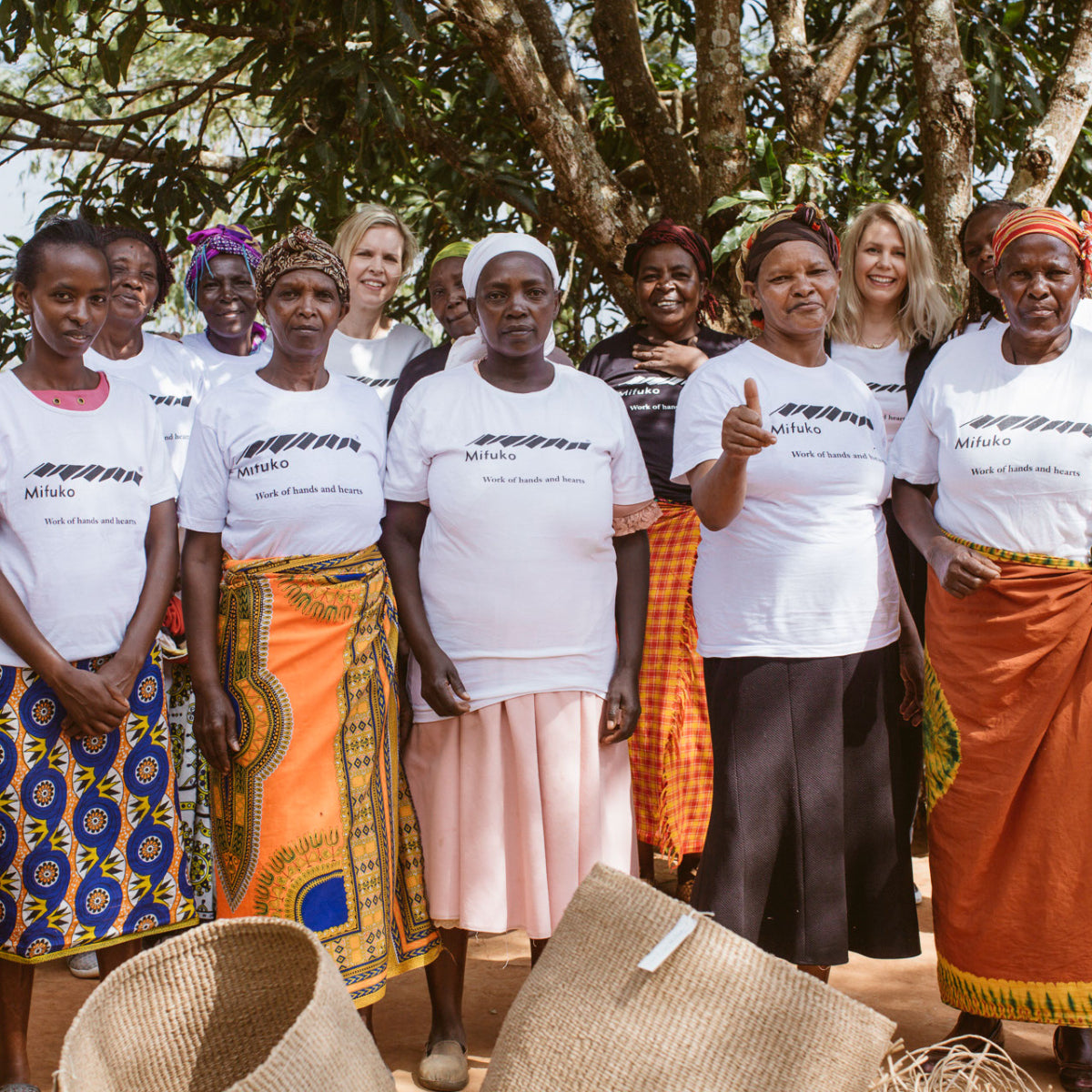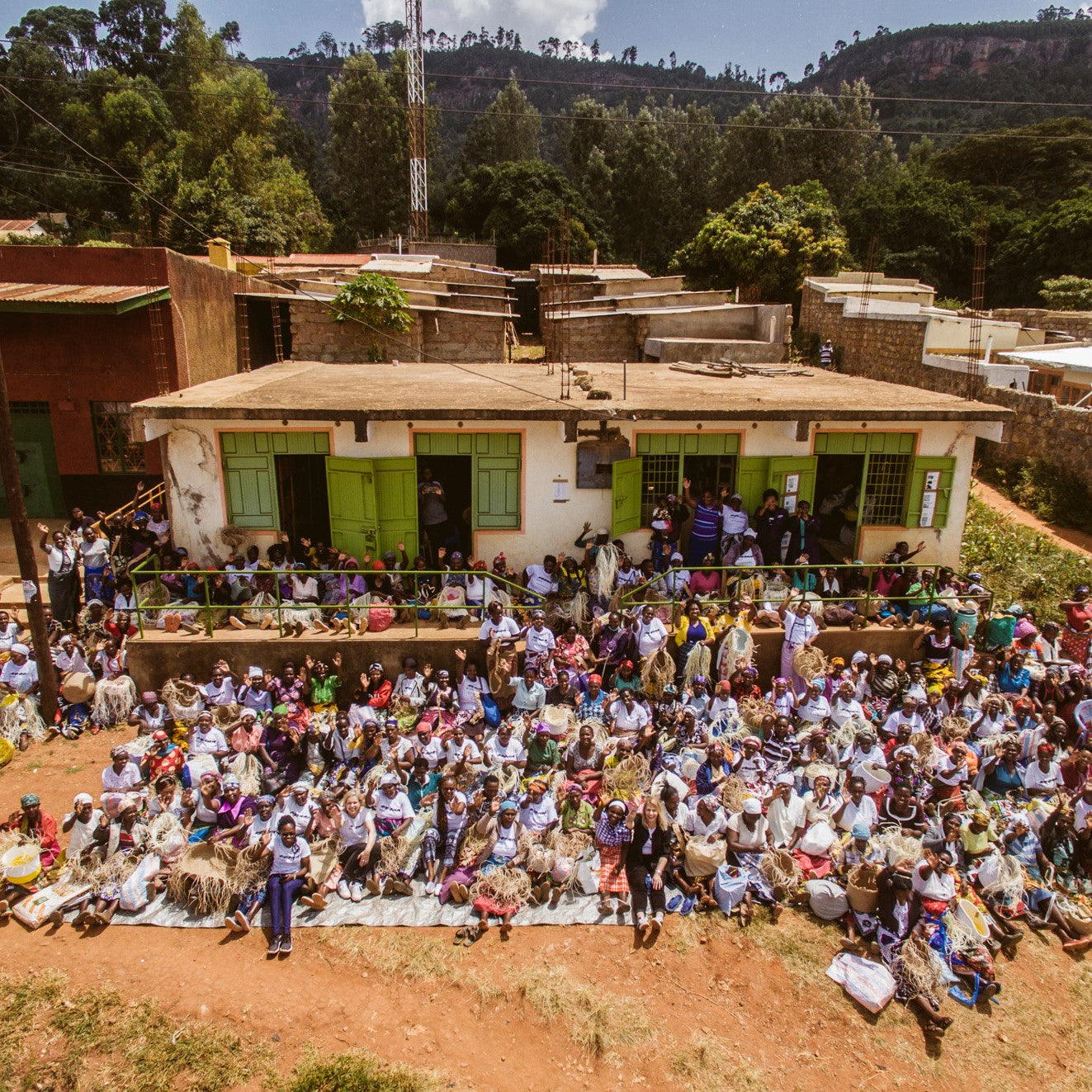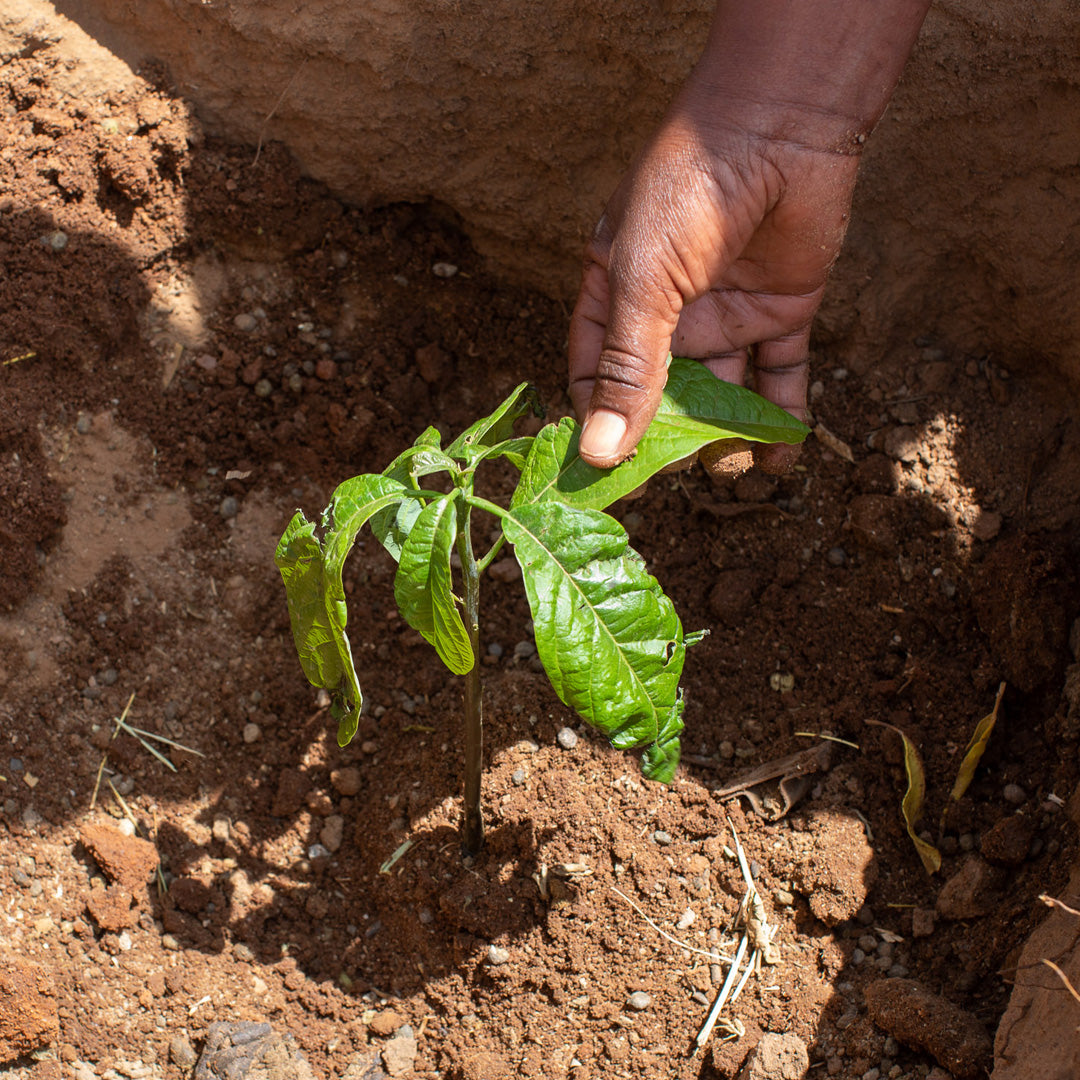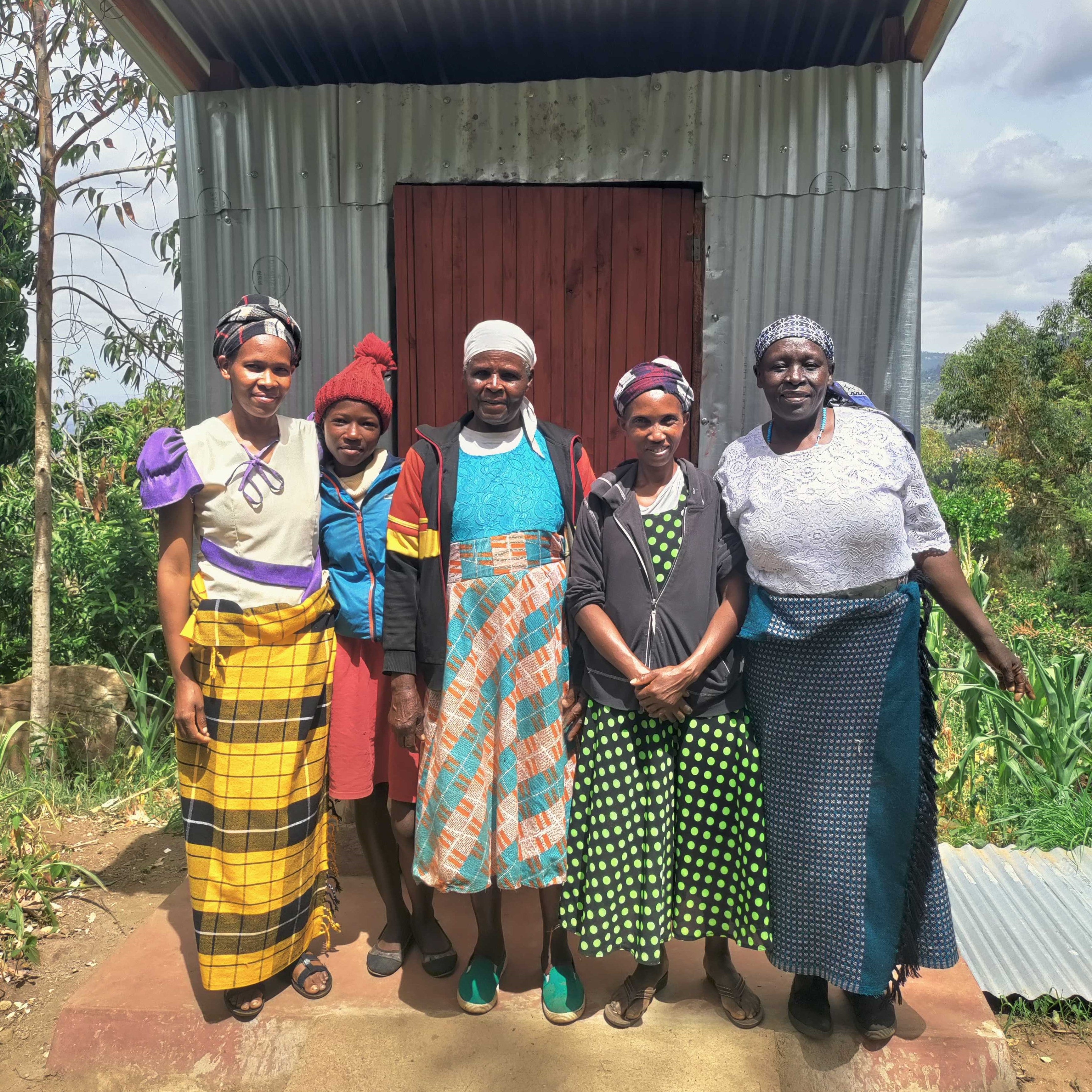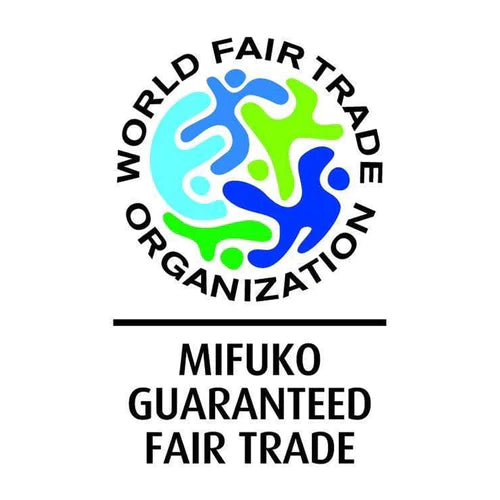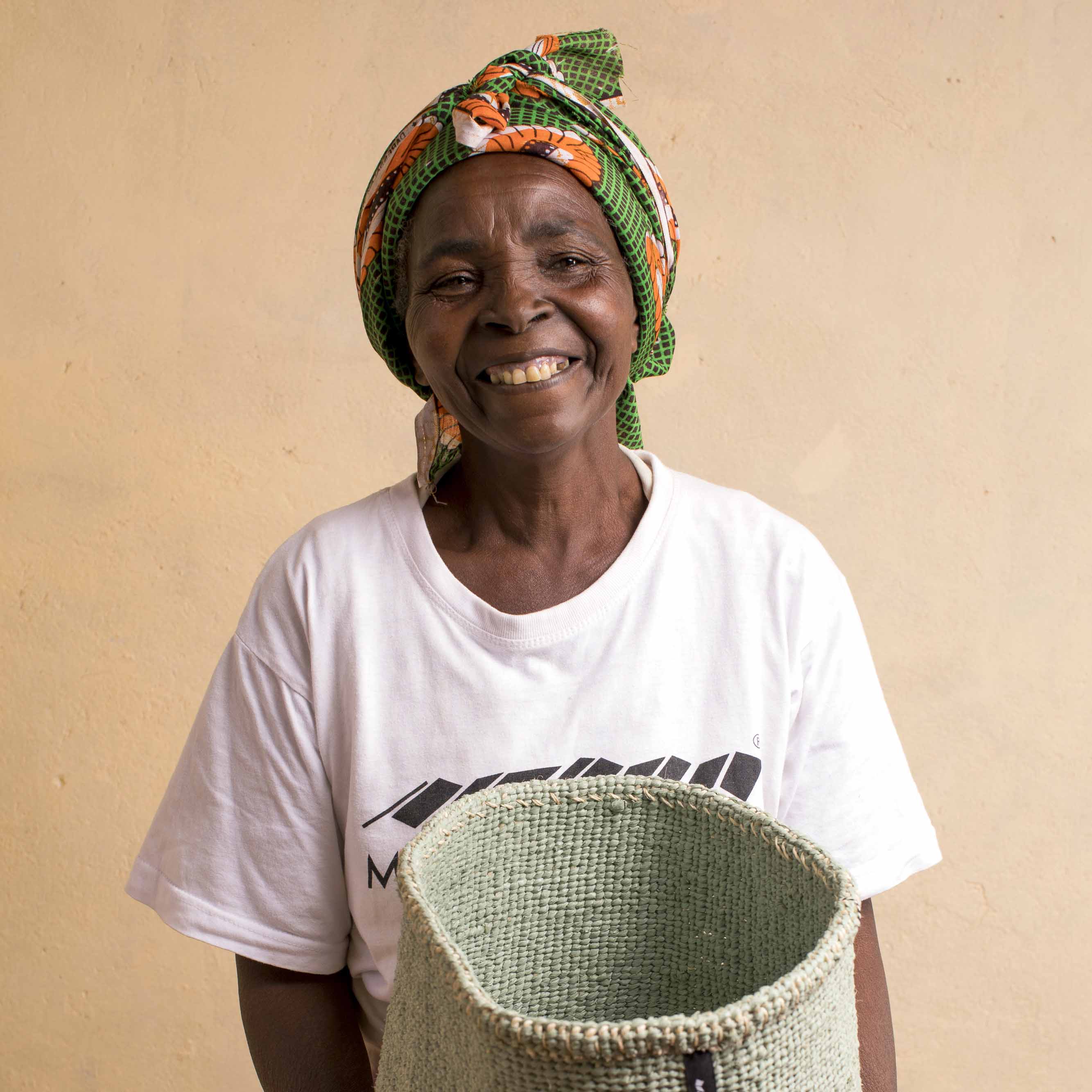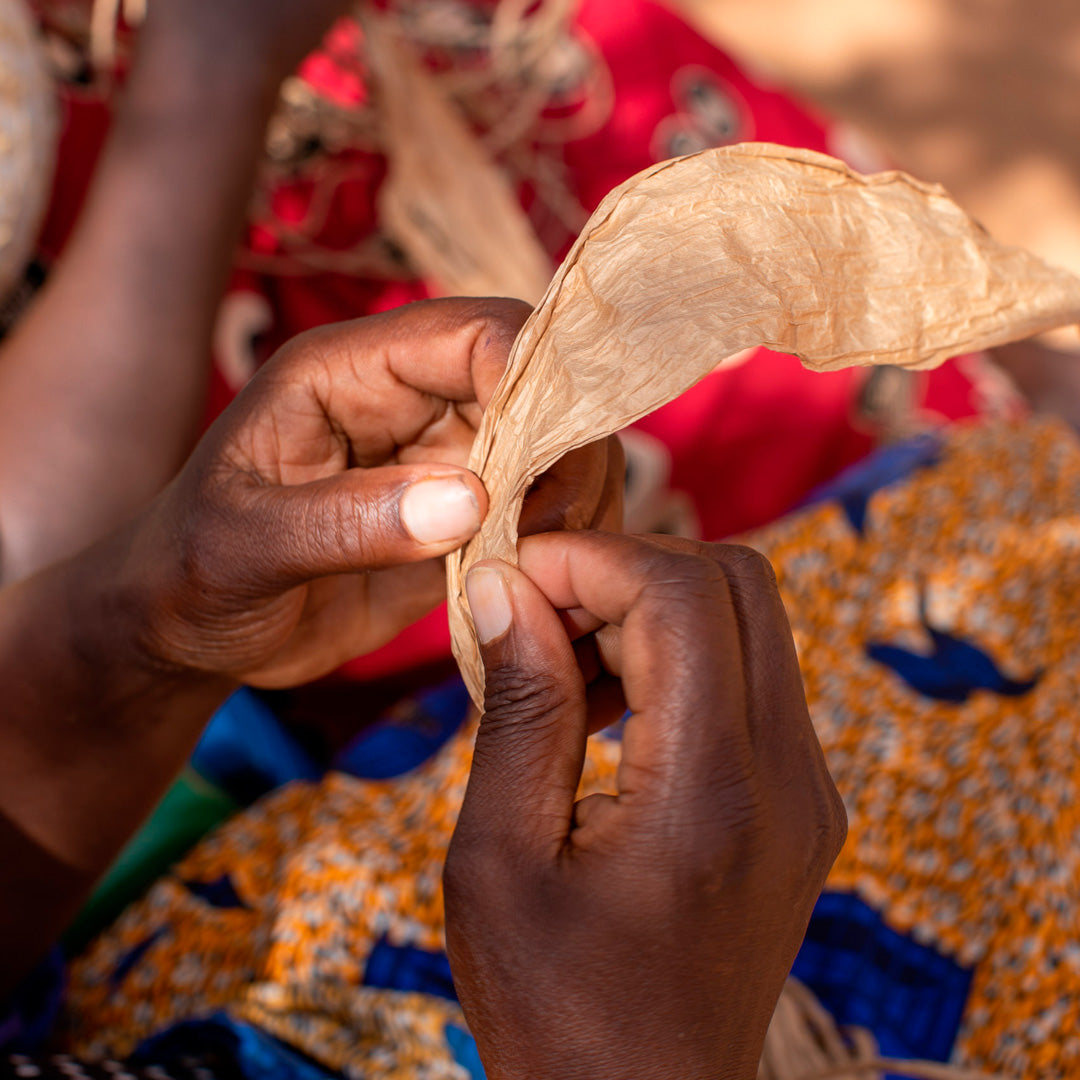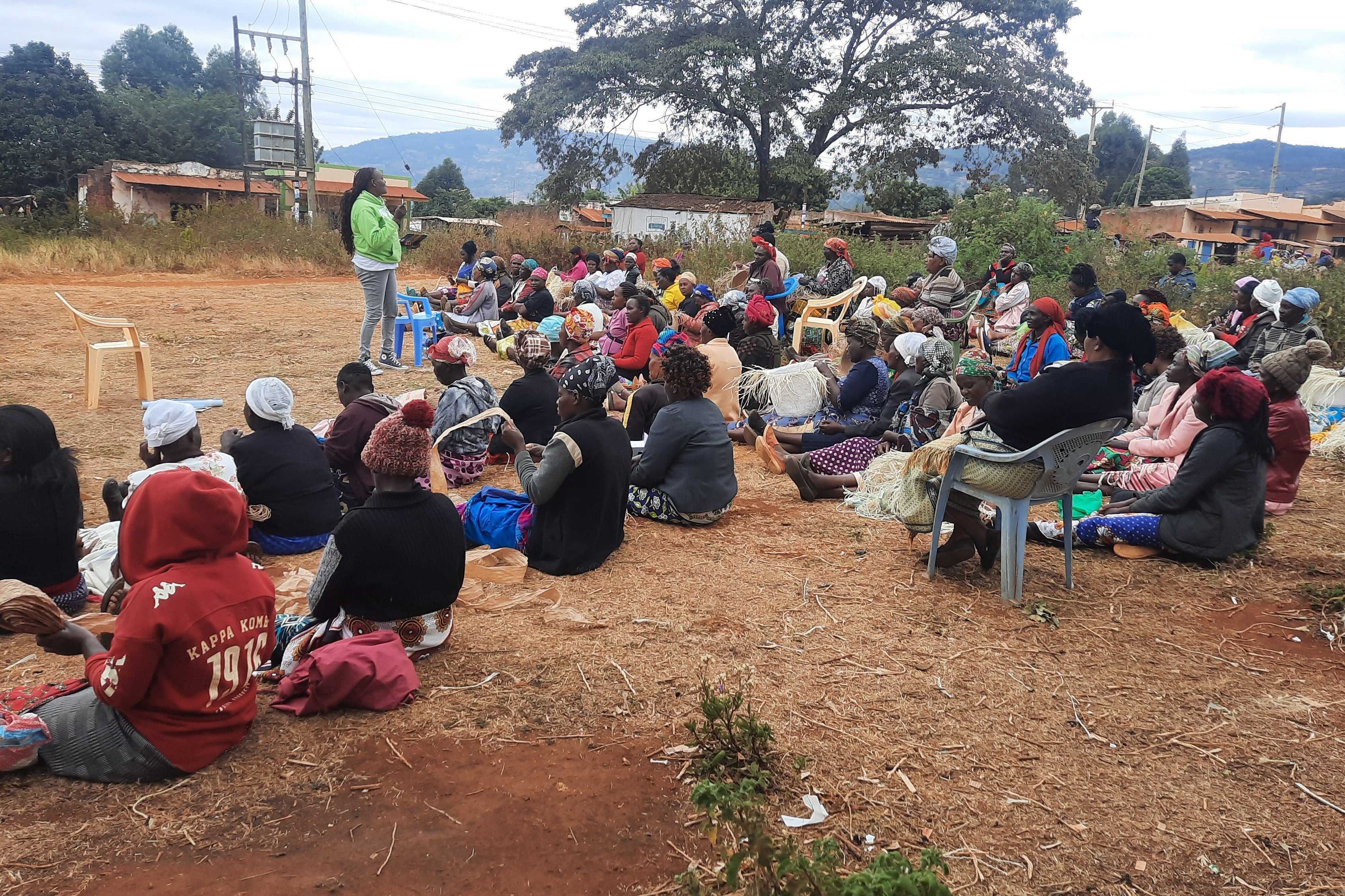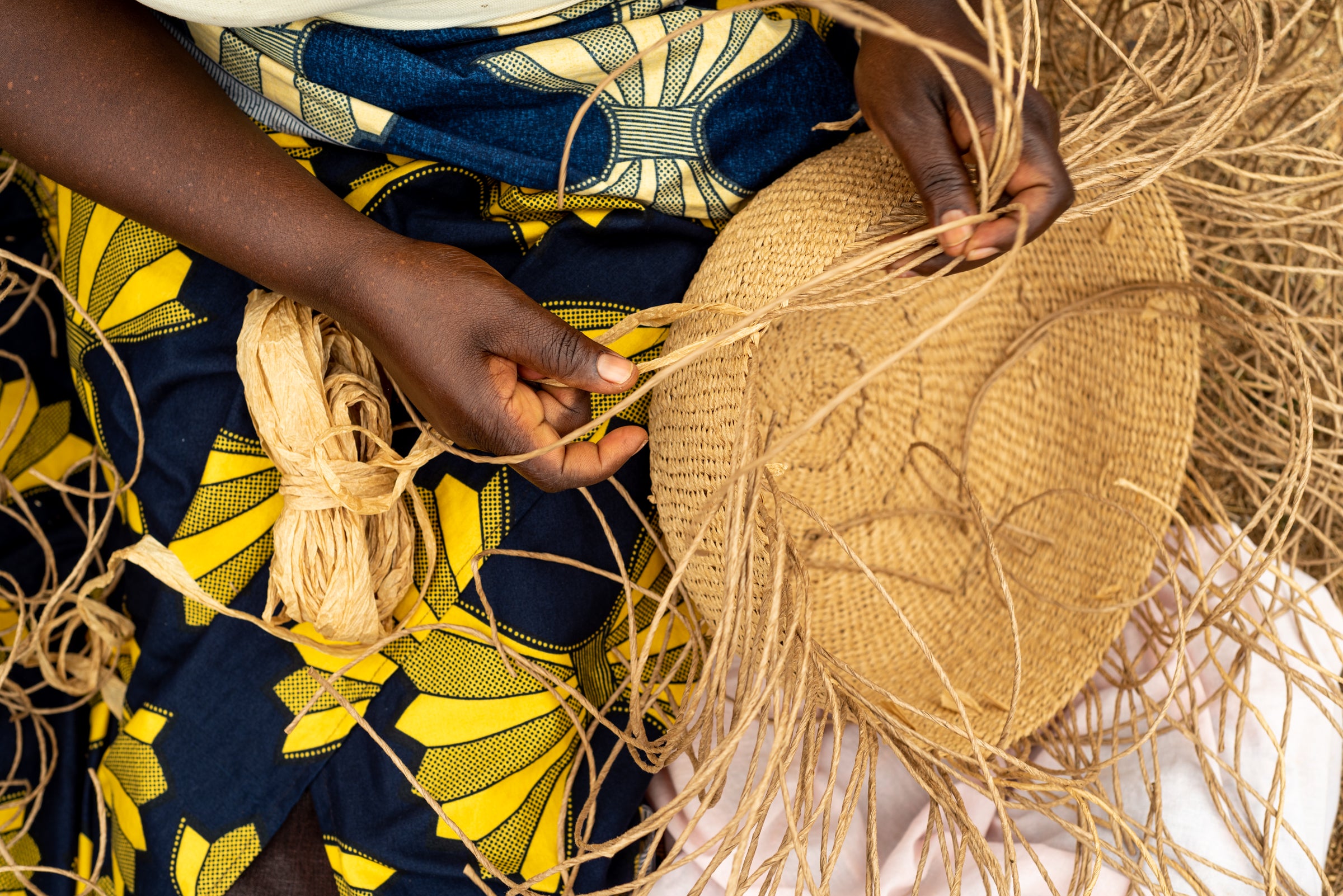"The WASH and Grow! project will continue to promote ecological sanitation in partnership with the local health administration."
Mifuko Trust received funding from the Finnish Ministry of Foreign Affairs for the second phase of the WASH and Grow! project in Kenya for the period 2023-2026.
The challenges posed by climate change to smallholder household farming to smallholder household farming such as prolonged droughts, flooding and the rising cost of fertilizer, are major challenges in the semi-arid Makueni region.
Mifuko Trust received funding from the Finnish Ministry of Foreign Affairs for the second phase of the WASH and Grow! project in Kenya for the period 2023-2026.
The challenges posed by climate change to smallholder household farming to smallholder household farming such as prolonged droughts, flooding and the rising cost of fertilizer, are major challenges in the semi-arid Makueni region.
Guest post by Anita Lintula, Project Manager at Mifuko Trust.
The war in Ukraine has also highlighted the dependence of African countries on food imports from Ukraine and Russia and the need to develop food security in the region. The WASH and Grow! project will continue to promote ecological sanitation in partnership with the local health administration as well as provide training for sanitation ambassadors.
Ecological sanitation improves hygiene conditions by preventing disease and provides low-cost and ecological fertilizer for smallholder farms. The project will train "agroforestry ambassadors" and set up model plantations where trees improve the soil and microclimate. Trees, such as fruit trees, produce food and also store carbon in the soil. Training and networking with other actors in the sector will be key to the project.
The ambassadors will, for example, go out on study visits to model sites of "regenerative agriculture" operators. Huussi ry and Ukumbi ry will continue to work together, while new partners Soilwatch Oy, a specialist in remote sensing and machine learning, and World Agroforestry, a specialist in agroforestry, will support the team on the area of soil restoration and regenerative agriculture.
Ecological sanitation improves hygiene conditions by preventing disease and provides low-cost and ecological fertilizer for smallholder farms. The project will train "agroforestry ambassadors" and set up model plantations where trees improve the soil and microclimate. Trees, such as fruit trees, produce food and also store carbon in the soil. Training and networking with other actors in the sector will be key to the project.
The ambassadors will, for example, go out on study visits to model sites of "regenerative agriculture" operators. Huussi ry and Ukumbi ry will continue to work together, while new partners Soilwatch Oy, a specialist in remote sensing and machine learning, and World Agroforestry, a specialist in agroforestry, will support the team on the area of soil restoration and regenerative agriculture.
The Foundation Has Been Carefully Laid
Launched in January 2021, the WASH and Grow! project has made consistent progress on ecological sanitation, strengthened local civil society by supporting the establishment of Mifuko Women Development CBO, a women artisans' own grassroots level organisation, and established effective cooperation with local government. So far, the project has built 20 dry toilets, including a pilot toilet, which will serve as a learning experience to improve the accessibility of future toilets.
Mifuko Trust received additional funding from Fingo Power bank which we have used to work with the community to develop ways to lower the cost of building a single latrine. Based on this co-development process, architect Vilma Autio will design two cost-optimized dry toilets using local materials as much as possible.

This phase will be piloted during the autumn. The project's sanitation solution represents a circular sanitation model, where the aim is to return nutrients back to the soil. Through the composting process, toilet waste is converted to a non-harmful form and nutrients such as nitrogen and phosphorus are recycled back to the soil to nourish the soil and crops.
The construction of toilets uses recycled materials and renewable organic building materials as much as possible. Easy maintenance and need for building repairs will be taken into account in the design to maximize the lifetime of the buildings.
Support From Businesses And Individuals Is Important
Mifuko Trust is a young organisation operating mainly on a voluntary basis, making time, institutional and financial support from Mifuko an important contribution to the organisation. Mifuko has donated the time of its employees, including Mifuko founders Minna Impiö and Mari Martikainen, to Mifuko Trust.
Mifuko will offset their carbon emissions from their 2021 air freight by donating €4,150 to Mifuko Trust. In addition to private donors, the WASH and Grow project has been supported by Mifuko's major business partner, the French fashion house Chloé. Globe Hope, a Finnish pioneer of the circular economy and manufacturer of clothes, bags and accessories from recycled materials, is the latest corporate partner of Mifuko Trust. With Globe Hope's donation, wood planting will be piloted on a small-scale during autumn 2022, and we’ll collect lessons learned for the new project phase.
Committed and knowledgeable volunteers are essential to our work. One volunteer is Eva Nilsson, a member of the board and project steering group and PhD researcher on corporate responsibility in Global South. "It's great to be involved in continuing the WASH and Grow! project together with Kenyan women artisans. The project brings together many different actors to tackle the big challenges of our time at the grassroots level," said Nilsson.
